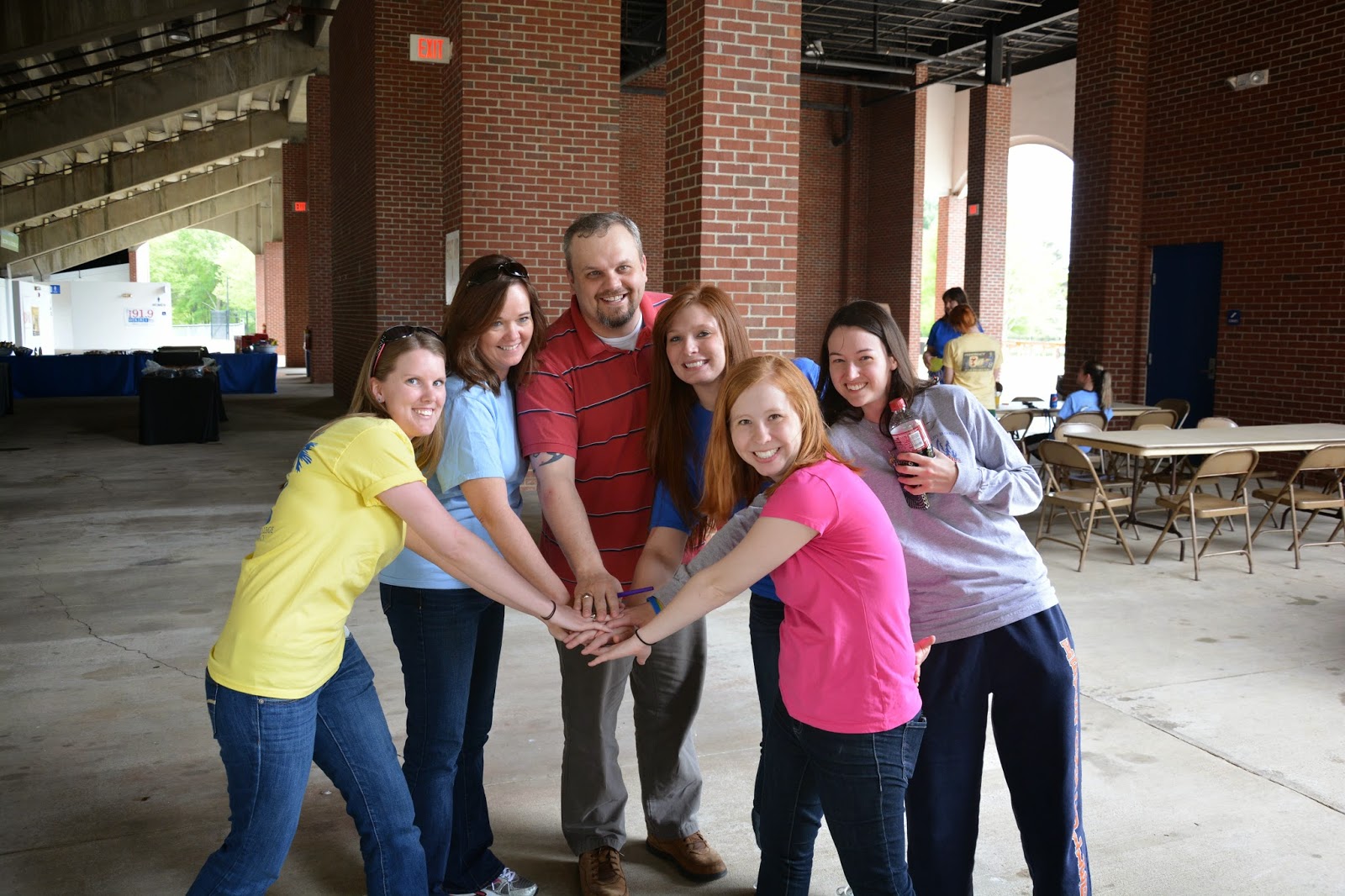As a student member of the healthcare profession, it is important
to not only be involved within your school, but to be involved in the
community. September is Ovarian Cancer
Awareness Month. Raising awareness to
those who have little knowledge about this illness is essential. Every year the South Carolina Ovarian Cancer
Foundation host an event in Greenville, SC called Handbags for Hope. At this event handbags are auctioned off
during both a silent and live auction, and all the proceeds collected go towards
raising awareness, as well as, assistance for women fighting the battle against
ovarian cancer. Many of the handbags are
autographed by people such as Florida Georgia Line, Darius Rucker, Georgia’s
football coach Mark Richt, famous actors/actresses, etc. At the event, survivors shared their journey
through this battle and their gratitude for the support they were shown. This year was my first year attending
Handbags for Hope but I can guarantee it will not be my last. I had such a great time with friends/colleagues
mingling with others in the community who are just as eager to spread awareness
about such a devastating disease as I am.
Even though the event has passed, you still have the opportunity to reach
out to others. Ovarian Cancer Awareness
Month is represented by the color teal.
I challenge you today to wear your teal proudly and talk with at least
one person about Ovarian Cancer. Spread
the Awareness!!
Lindsey
P3 - Class of 2016






